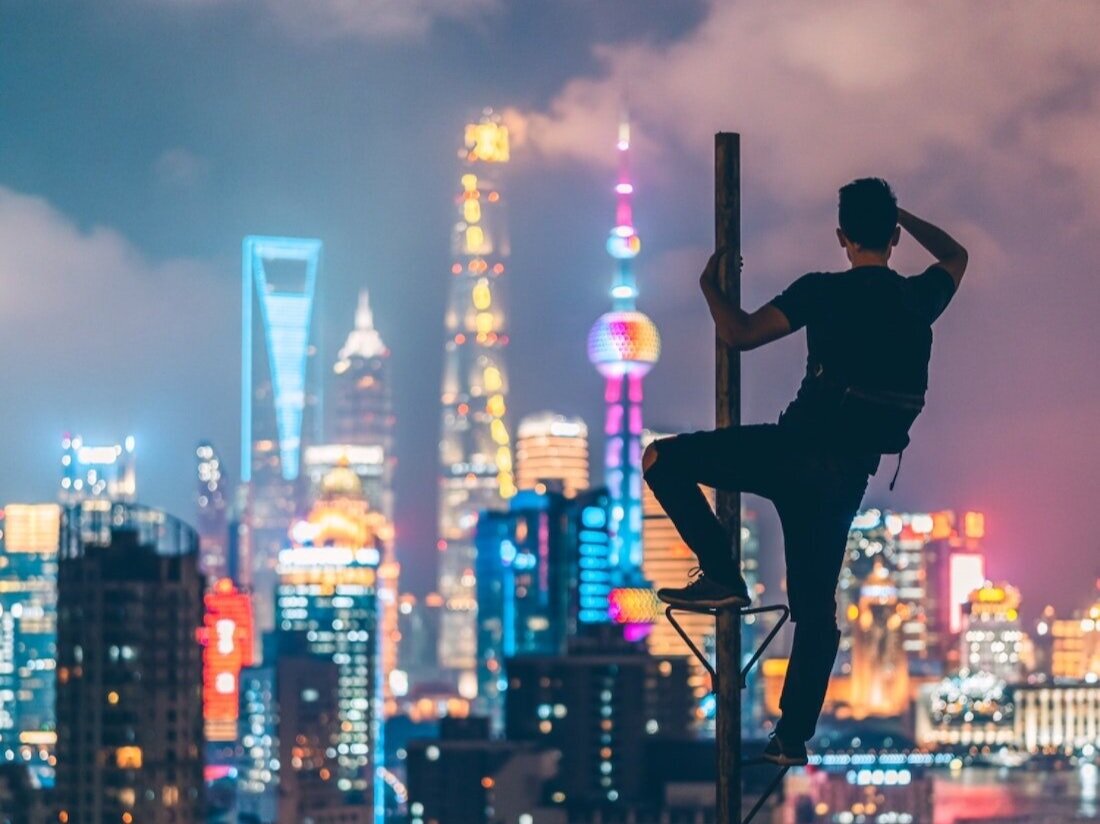
Editor’s note: This series is created from a talk given by Wang Yi, a pastor and a leading voice in the house church in China. Wang Yi addressed a group of fellow pastors and church members, challenging them to view the gospel as the coming of the kingdom of God on earth, not just a means of individual salvation. This address was given at a 2014 conference in Hong Kong. This is the first of a three part series.
Today I will share with you from the Psalms of Zion. Psalm 46 is about Jerusalem, the holy city, and is written by the sons of Korah. In this psalm, there is a prompt that reads ‘according to Alamoth.’ Many interpreters are uncertain to what this refers. In the original text, ‘Zion’ is used to refer to a woman who was cleansed by Jesus’s blood and the gracious redemption of the Lord. In Revelation 21:2, we see “the holy city, new Jerusalem, coming down out of heaven from God, prepared as a bride adorned for her husband.” I would like to invite all the sisters here to read Psalm 46. Please open your Bible and read this Psalm of Zion for us:
God is our refuge and strength,
a very present help in trouble.
Therefore we will not fear though the earth gives way,
though the mountains be moved into the heart of the sea,
though its waters roar and foam,
though the mountains tremble at its swelling. Selah
There is a river whose streams make glad the city of God,
the holy habitation of the Most High.
God is in the midst of her; she shall not be moved;
God will help her when morning dawns.
The nations rage, the kingdoms totter;
he utters his voice, the earth melts.
The Lordof hosts is with us;
the God of Jacob is our fortress. Selah
Come, behold the works of the Lord,
how he has brought desolations on the earth.
He makes wars cease to the end of the earth;
he breaks the bow and shatters the spear;
he burns the chariots with fire.
“Be still, and know that I am God.
I will be exalted among the nations,
I will be exalted in the earth!”
The Lordof hosts is with us;
the God of Jacob is our fortress. Selah
Never miss a story
This psalm has a very simple structure: “God is our refuge” is mentioned three times, in verses 1, 7, and 11. You may know Martin Luther’s best-known hymn, “A Mighty Fortress Is Our God.” It is just a paraphrase of this psalm. Our mighty fortress is the Lord who we have praised, worshiped, waited on and trusted again and again. It is interesting that here the Lord is not only called a protector or refuge-giver, but also a place of refuge, a city, or a holy place.
I have observed the vicissitudes of Chinese society for the past thirty or so years, and there are two things I have noticed.
First, maybe you have heard a pop song named “Where Has All the Time Gone?” Where has all the time gone over these past thirty years? China rose sharply and became rich, but we did not have many chances to look around before we were dazzled. There is a Chinese saying, ‘逝者如斯夫’ [shì zhě rú sī fū]. This means time passes like the river runs. Time rushes by and we can do no more than sigh. We can build up prosperity on earth, but there is no way to stop time. If we cannot rest peacefully in the time we have, we are left with nothing more than a movement constrained by our limitations.
Second, I recently read a novel on the Internet written by a young man who worked in Shanghai. This novel attracted a lot of attention. The author talks about life in the major cities and the struggles of younger generations living in Beijing, Shanghai, and Guangzhou, especially compared to the living conditions in more minor cities. He tries to speak up for those drifting or living in major cities, and is proud to tell his own story of a young Shanghai man struggling to pursue freedom and his own dreams.
His novel shows us that, in today’s major Chinese cities, a new lifestyle and a new society is rising up. Now, a new system and an exciting individualistic ideal are emerging. This young man disdainfully looks down on those who, in contrast to him, stay in small towns and get jobs in the government or public institutions with their parents’ help. Those young people will probably be able to buy their own apartments earlier than their classmates who live in major cities, but the author concludes that they are fallen people, people without dreams. In today’s China, the young people with dreams live in major cities.
































